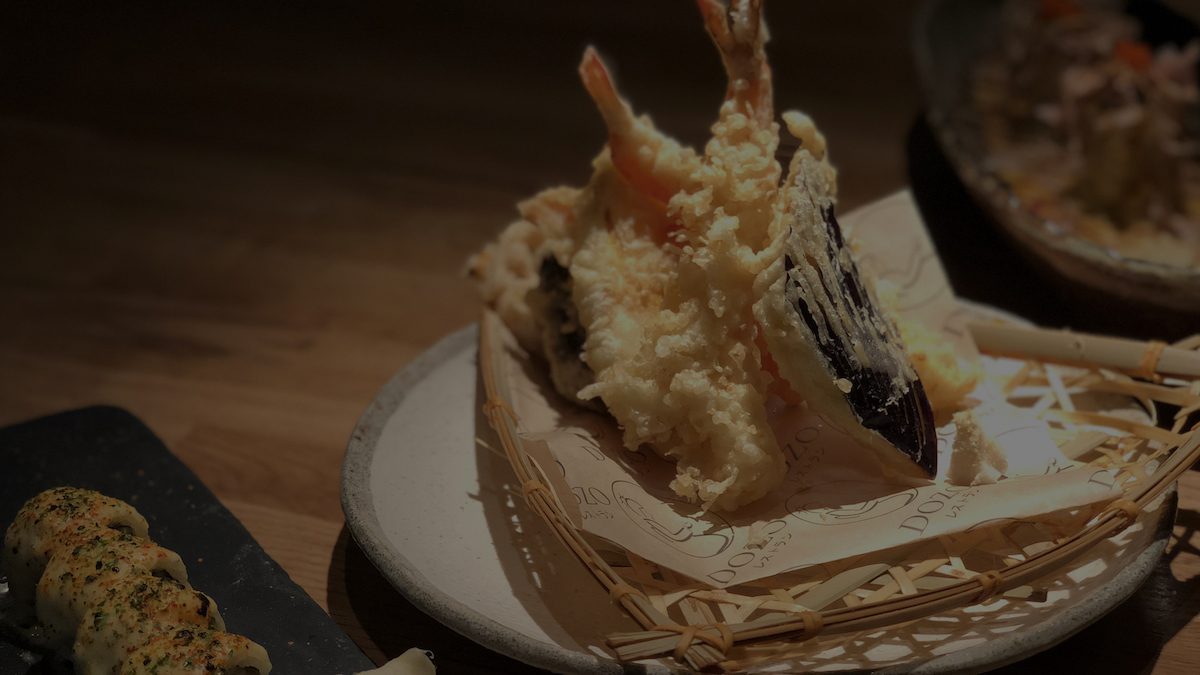Introduction:
Japanese cuisine, renowned for its exquisite flavors, aesthetic presentation, and cultural significance, goes beyond a mere gastronomic experience. Embracing a harmonious blend of fresh, seasonal ingredients and meticulous culinary techniques, Japanese dishes offer a treasure trove of health benefits. In this article, we explore the nutritional value of Japanese cuisine and its positive impact on overall well-being.
1. **Abundance of Fresh Ingredients:**
Japanese culinary philosophy places a strong emphasis on using fresh, seasonal produce. From the succulent sashimi to the crisp, vibrant vegetables in tempura, each dish is a celebration of nature’s bounty. Rich in vitamins, minerals, and antioxidants, these fresh ingredients contribute to a well-rounded, healthful diet.
2. **Balanced Macronutrients:**
Traditional Japanese meals are meticulously balanced, incorporating a harmonious ratio of carbohydrates, proteins, and fats. The inclusion of rice, a staple in Japanese cuisine, provides a steady source of energy, while the presence of lean proteins from fish and tofu supports muscle health. Additionally, the use of healthy fats, such as those found in avocados and sesame oil, further enhances the nutritional profile.
3. **Heart-Healthy Seafood:**
Japanese cuisine is synonymous with an abundance of seafood. Fish, a staple in the Japanese diet, is a rich source of omega-3 fatty acids, known for their cardiovascular benefits. Regular consumption of fish has been linked to a reduced risk of heart disease, making it a key contributor to the longevity often associated with the Japanese population.
4. **Umami: A Flavorful Advantage:**
The concept of umami, the fifth taste sensation, is integral to Japanese cuisine. Umami-rich ingredients like seaweed, miso, and soy sauce not only enhance the flavor profile but also contribute to a sense of satisfaction and fullness. This can potentially aid in portion control and weight management.
5. **Fermented Delicacies:**
Fermented foods, a cornerstone of Japanese cuisine, play a crucial role in promoting gut health. Items such as miso, soy sauce, and pickled vegetables are not only bursting with flavor but also harbor probiotics that support a healthy digestive system and boost the immune system.
6. **Tea Culture and Health Benefits:**
Green tea, deeply ingrained in Japanese culture, is not only a refreshing beverage but also a source of powerful antioxidants. The catechins in green tea have been associated with various health benefits, including improved heart health and reduced risk of certain cancers.
Conclusion:
In conclusion, Japanese cuisine is not just a feast for the senses; it is a symphony of flavors that contributes to overall health and well-being. With its emphasis on fresh, seasonal ingredients, balanced macronutrients, and a mindful approach to culinary artistry, Japanese dishes offer a culinary journey that nourishes both the body and the soul. As we savor the delicate flavors and textures of this exquisite cuisine, we also partake in a tradition that has stood the test of time, promoting longevity and vitality.








